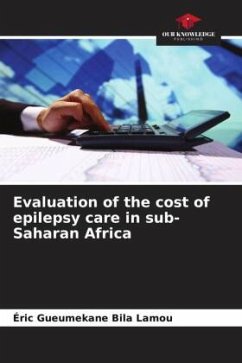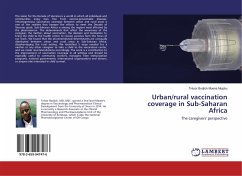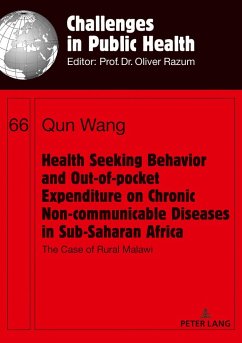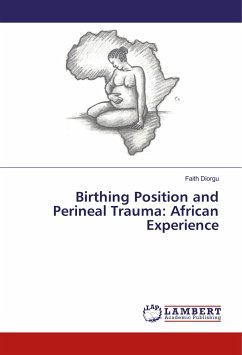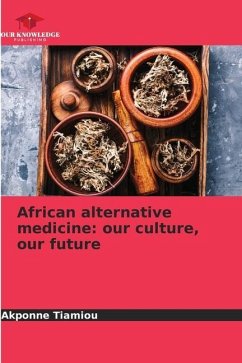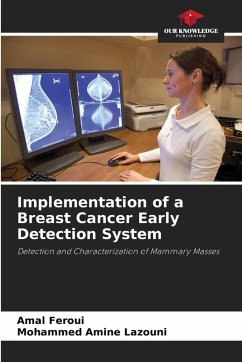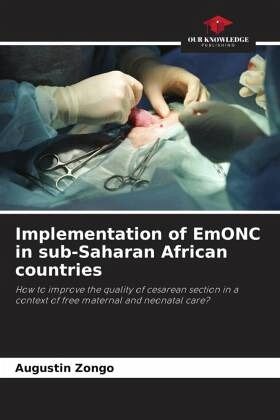
Implementation of EmONC in sub-Saharan African countries
How to improve the quality of cesarean section in a context of free maternal and neonatal care?
Versandkostenfrei!
Versandfertig in 6-10 Tagen
40,99 €
inkl. MwSt.

PAYBACK Punkte
20 °P sammeln!
Caesarean section is recognized as an effective surgical procedure to reduce maternal and newborn mortality if performed in a timely manner for pregnant women who need it. Unfortunately, it is difficult for many women in sub-Saharan Africa to quickly access a cesarean section because the costs remain too high. To reduce this financial barrier, some African countries have decided to subsidize emergency obstetric and neonatal care. This was the case in Senegal and Mali, which established a policy of free cesarean sections in 2005-2006. This has made it possible to increase the use of cesarean se...
Caesarean section is recognized as an effective surgical procedure to reduce maternal and newborn mortality if performed in a timely manner for pregnant women who need it. Unfortunately, it is difficult for many women in sub-Saharan Africa to quickly access a cesarean section because the costs remain too high. To reduce this financial barrier, some African countries have decided to subsidize emergency obstetric and neonatal care. This was the case in Senegal and Mali, which established a policy of free cesarean sections in 2005-2006. This has made it possible to increase the use of cesarean section but no study has shown that this increase has been accompanied by a reduction in maternal and newborn mortality. A cluster randomized controlled trial was implemented to evaluate the impact of an intervention simultaneously targeting access and quality of care, by comparing cesarean section rates and their maternal-fetal outcomes from intervention hospitals to other control hospitals. The results show that the intervention helped improve the practice of cesarean section and its maternal outcomes.





